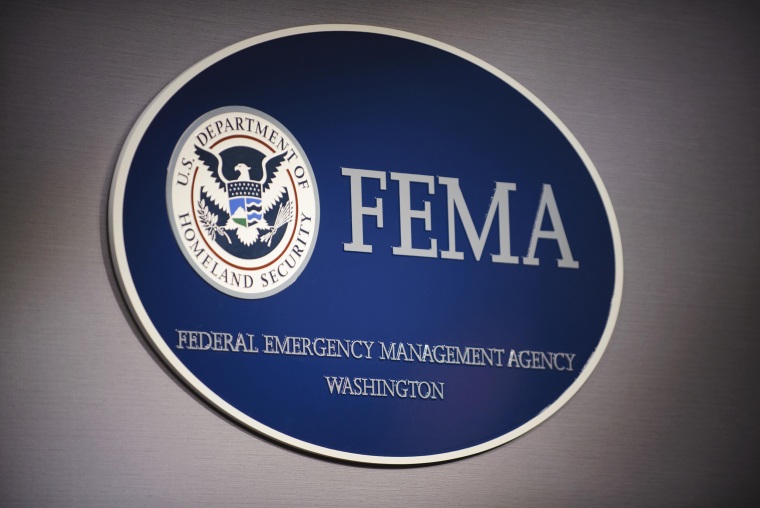Given the circumstances, it's not at all surprising that the Federal Emergency Management Agency (FEMA) is scrambling to purchase N95 respirator masks. But one of the agency's recent contracts has raised a few eyebrows.
While in some cases, FEMA is paying less than a dollar per mask to large domestic manufacturers, it also recently agreed to a contract in which FEMA will pay about $5.50 per mask to a company called Panthera. And while that alone may seem odd, a Washington Post report on the business raised a series of related concerns.
The Federal Emergency Management Agency awarded a $55 million contract for N95s this month to Panthera Worldwide LLC, which is in the business of tactical training. One of its owners said last year that Panthera's parent company had not had any employees since May 2018, according to sworn testimony. It also has no history of manufacturing or procuring medical equipment, according to a review of records produced as a result of legal disputes involving the company and its affiliates.
The article added that Panthera Worldwide's parent company "filed for bankruptcy last fall."
The resulting picture is a curious one. In fact, it led Business Insider to run a headline that read, "The Trump administration paid a bankrupt company with zero employees $55 million for N95 masks, which it's never manufactured."
It's worth noting for context that one of Panthera's executives claims to have military contacts, which he believes will enable the company to fulfill its obligations under the contract.
The Post's report added, "Beyond the premium the federal government is paying to Panthera, the decision to award a contract to an insolvent organization with no apparent expertise in the given field struck experts as unusual."
In fact, former Defense Secretary Chuck Hagel, who also served as a Republican senator from Nebraska, said something appeared to be "amiss" with the contract.
Reading all of this reporting, I was reminded of the recent disputes regarding oversight of the $2.2 trillion aid package called the Coronavirus Aid, Relief, and Economic Security (CARES) Act. House Speaker Nancy Pelosi (D-Calif.) recently announced the creation of a select committee to oversee the spending, explaining last month, "Where there's money, there's also frequently mischief."
For his part, Donald Trump has repeatedly disagreed. Even before the bill became law last month, the president said he was prepared to oversee himself -- and no other layers of accountability were necessary. In the weeks that followed, Trump repeatedly balked at supervision, even ousting an inspector general who'd been tasked with overseeing the $2.2 trillion investments.
Perhaps the Panthera contract can serve as a reminder that oversight is a worthwhile idea?

